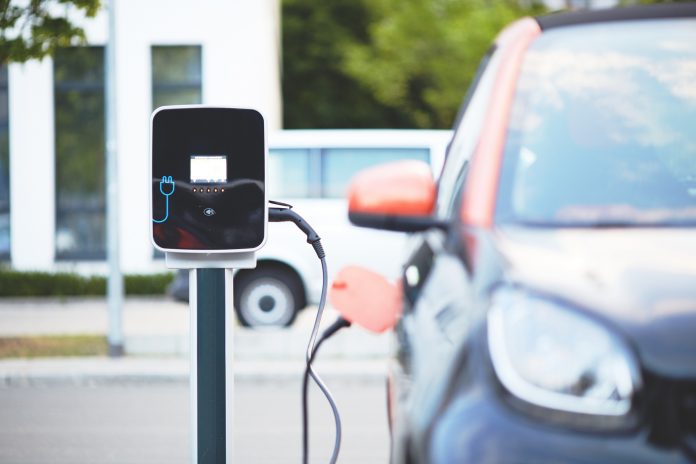By Lauren Jessop
(The Center Square) – Pennsylvania’s share of broken electric vehicle charging stations, although small, points to a much bigger problem: there aren’t enough certified technicians to fix them.
There are currently just under 63,000 DC Fast and Level 2 public charging stations with over 161,000 charging ports across the country. According to data provided by the U.S. Joint Office of Energy and Transportation’s website, approximately 7,900 ports at 4,200 locations are temporarily out of service or offline due to maintenance.
Pennsylvania has just under 1,700 public charging locations with 4,111 ports installed. Of those, there are approximately 117 charging stations and 214 ports – amounting to roughly 7% and 5% of the totals, respectively – that are currently temporarily unavailable.
PennDOT Deputy Communications Director Zachary Appleby told The Center Square the figures for “temporarily unavailable” stations are largely accurate and are due to a host of reasons. Many are truly temporary, and the station could be operational again the next day.
“The list and count of ‘temporarily unavailable’ stations actually changes every day,” he said, adding that the state owns and operates few public charging stations and is not responsible for repairing those that are privately owned.
The time frame to repair a non-working charging station varies greatly, Appleby said.
“Some issues can be fixed remotely in minutes or hours while some issues require replacing the entire charging unit, which can be further delayed by supply chain constraints,” he said.
Appleby said that while there is a general national shortage of electricians, like many other trades, electricians are generally not needed to repair a non-working charging station, but may be involved if the unit needs to be replaced or the electric service needs upgrading.
He also told us SAE International is addressing the issue. They are currently developing a brand-neutral certification program for charging station maintenance, which should be available by the end of this calendar year. The curriculum will be free with a fee to take the test and be certified.
The U.S. Bureau of Labor Statistics says studies indicate that at least one public charger is needed for every 10 to 15 EVs, even with owners charging at home.
They say electricians hold an integral position in the roll-out of the EV charging infrastructure and will be in demand. Employment in the field is expected to grow 7.1% from 2021 to 2031 – with around 79,900 openings for electricians projected each year, on average, over the decade.
Initiatives on state and federal levels have recently been announced to aid in bolstering the electric vehicle charging infrastructure.
In August, Gov. Josh Shapiro announced Pennsylvania will spend $34 million – part of a five-year, $172 million federal grant – on electric vehicle charging stations to include 54 projects in 35 counties. As of 2022, there were nearly 43,000 electric vehicles, or EVs, registered in the state – an increase of 82% from 2021.
There is also a proposal in the House to add EV charging infrastructure projects to the Pennsylvania Property-Assessed Clean Energy program, or C-PACE, which would allow businesses to secure low-cost, long-term financing to install charging stations for their employees and customers.
In addition, the Biden administration recently made $100 million in federal funding available to repair and replace non-operational EV chargers.
Lauren Jessop is a contributor at The Center Square.
Originally published by The Center Square. Republished with permission.
To read more about federal EV charging station bureaucracy, click here.
To read more about state standards, click here.


























